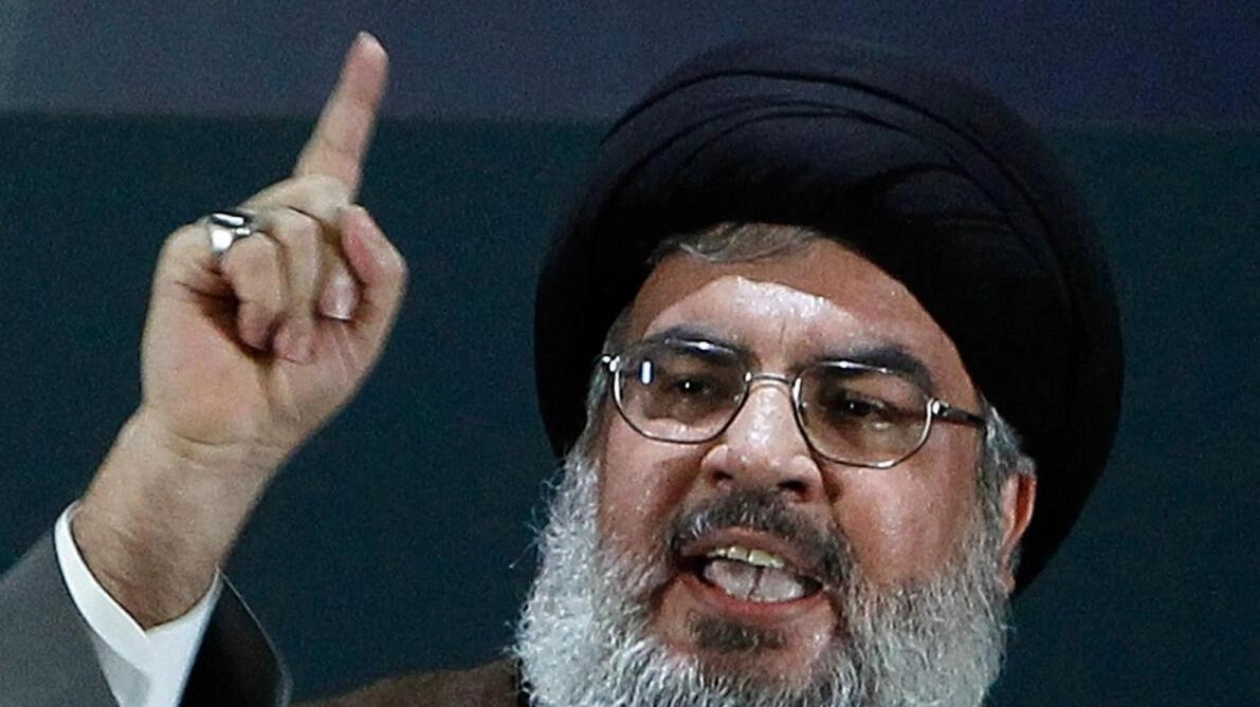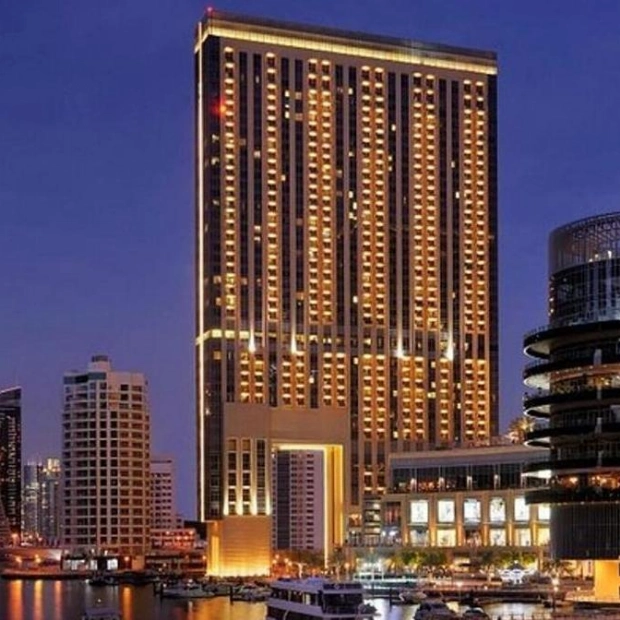The investigation was spearheaded by Nabil Kaouk; disrupted by his killing, Nasrallah's death has left Hezbollah leaderless and shaken trust. Iran's Supreme Leader Ayatollah Ali Khamenei warned Hezbollah leader Syyed Hassan Nasrallah to flee Lebanon days before he was killed in an Israeli strike, expressing deep concern about Israeli infiltration of senior government ranks in Tehran, according to three Iranian sources.
In the immediate aftermath of the attack on Hezbollah's booby-trapped pagers on September 17, Khamenei sent a message through an envoy urging the Hezbollah secretary-general to leave for Iran, citing intelligence reports indicating Israel's intent to assassinate him. The envoy, a senior Iranian Revolutionary Guards commander, Brigadier General Abbas Nilforoushan, was with Nasrallah in his bunker when it was hit by Israeli bombs and was also killed.
Khamenei, who has remained in a secure location inside Iran since Saturday, personally ordered a barrage of around 200 missiles to be fired at Israel on Tuesday in retaliation for the deaths of Nasrallah and Nilforoushan, according to a senior Iranian official. The Revolutionary Guards confirmed the attack, citing also the July killing of Hamas Leader Ismail Haniyeh in Tehran and Israel's attacks on Lebanon.
Nasrallah's assassination followed two weeks of precise Israeli strikes that have destroyed weapons sites, eliminated half of Hezbollah's leadership council, and decimated its top military command. Iran's fears for the safety of Khamenei and the loss of trust within both Hezbollah and Iran's establishment emerged in conversations with 10 sources, describing a situation that could complicate the effective functioning of Iran's Axis of Resistance alliance.
The disarray is also making it hard for Hezbollah to choose a new leader, fearing ongoing infiltration will put the successor at risk, according to four Lebanese sources. Magnus Ranstorp, a Hezbollah expert at the Swedish Defence University, said the deep damage to Hezbollah diminished Iran's capacity to strike at Israel's borders.
Nasrallah's death has prompted Iranian authorities to thoroughly investigate possible infiltrations within Iran's ranks, focusing on those who travel abroad or have relatives living outside Iran. Tehran grew suspicious of certain Guards members who had been travelling to Lebanon, raising concerns when one began inquiring about Nasrallah’s whereabouts.
The assassination has spread mistrust between Tehran and Hezbollah, and within Hezbollah itself. Alarm bells had already rung within Tehran and Hezbollah about possible Mossad infiltrations after the killing of Hezbollah commander Fuad Shukr in July.
Khamenei's invitation to Nasrallah to relocate to Iran came after thousands of pagers and walkie-talkies used by Hezbollah blew up in deadly attacks on September 17 and 18. Despite Tehran's concerns, Nasrallah was confident in his security and trusted his inner circle completely.
Several high-level meetings were held in Tehran following the pager blasts to discuss Hezbollah and Nasrallah's safety. In Lebanon, Hezbollah began conducting a major investigation to purge Israeli spies among them, questioning hundreds of members after the pager detonations.
Sheikh Nabil Kaouk, a senior Hezbollah official, was leading the investigation before being killed in an Israeli raid. A deeper and comprehensive inquiry and purge were now needed after the killing of Nasrallah and other commanders.
Hezbollah is reeling from Nasrallah's killing in his deep bunker, shocked at how successfully Israel penetrated the group. Mohanad Hage Ali, deputy research director of the Carnegie Middle East Center in Beirut, described the offensive as "the biggest intelligence infiltration by Israel" since Hezbollah's founding.
The current Israeli escalation follows almost a year of cross-border fighting after Hezbollah began rocket attacks in support of its ally Hamas. The Israeli offensive and fear of more attacks on Hezbollah have prevented the Iranian-backed group from organizing a nationwide funeral for Nasrallah.
Hezbollah has refrained from officially appointing a successor to Nasrallah, possibly to avoid making his replacement a target for an Israeli assassination.






